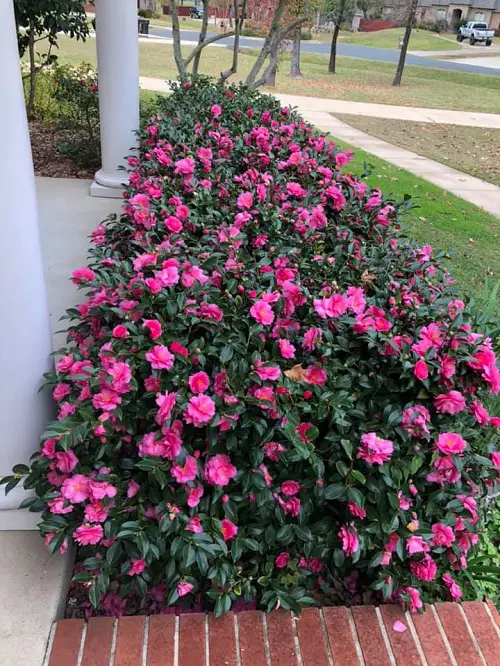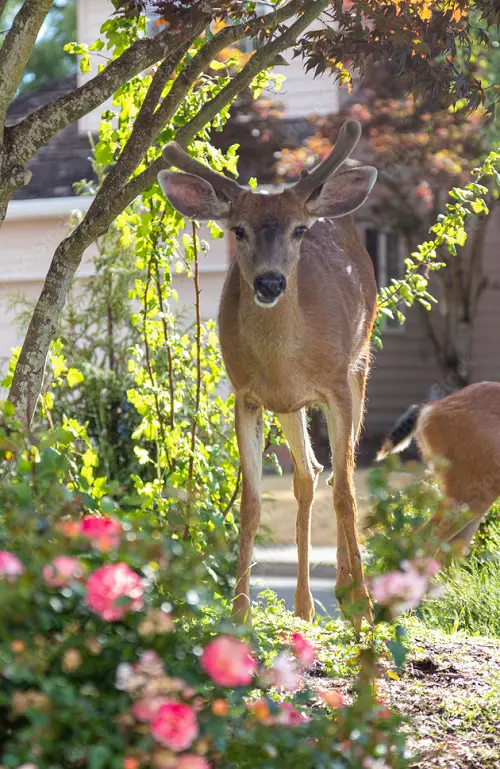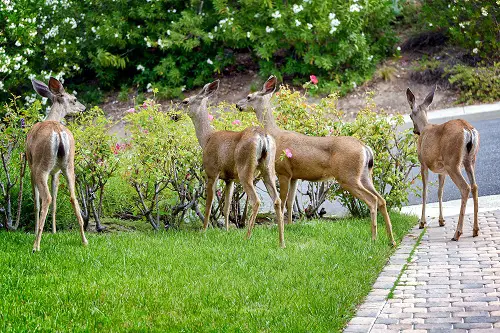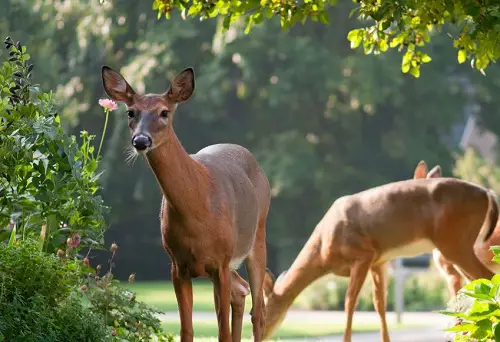Do Deer Eat Camellias? If you are not sure then this guide will give you all the clarity on whether you can grow them safely or not.
Do Deer Eat Camellias? You might have this question lurking in your mind. Well, we have the answers for you! Keep reading!
Do Deer Eat Camellias?
While Camellias are not typically considered one of their top food choices, hungry deer may still browse on the plants, especially during periods when other preferred food sources are scarce.
Some Camellia varieties may be more appealing to deer than others. While there is no guarantee, certain cultivars with less palatable foliage or stronger fragrances may be less likely to be consumed by deer. It can be helpful to consult with local nurseries or gardening experts to identify Camellia varieties that are less prone to deer damage in your specific area.
Protecting Camellias from Deer
To safeguard your camellias from deer damage, especially in areas with high deer populations, a few preventive measures can be employed.
- Deer Repellents: Applying commercially available deer repellents on camellia foliage can create an unpleasant taste or odor that discourages deer from feeding on the plants. These repellents can be found in various forms, including sprays, granules, or even homemade solutions.
- Physical Barriers: Erecting physical barriers, such as fences or netting, can effectively protect camellias from deer. Ensure that the barriers are tall enough to prevent deer from jumping over them and securely enclose the camellia plants.
- Plant Selection: Consider incorporating deer-resistant plant varieties into your garden design. While camellias may have some degree of resistance, selecting additional deer-resistant plants can create a less appealing environment for deer and reduce the likelihood of damage.
The Role of Plant Maturity

The maturity of camellia plants plays a significant role in their vulnerability to deer browsing. Established camellia shrubs, with their robust foliage and sturdy structure, are generally more resilient against deer feeding.
In contrast, newly planted or younger camellias are more susceptible to deer grazing. Providing extra protection, such as individual plant cages or temporary fencing, can help safeguard vulnerable camellia plants until they reach maturity.





